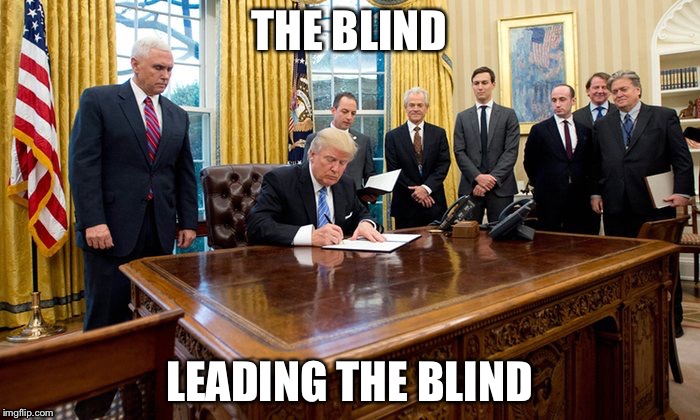For any American who wants an answer sooner, there are just five words, among the thousands of suggestive texts Page and Strzok exchanged, that you should read.
That passage was transmitted on May 19, 2017. “There’s no big there there,” Strzok texted.
The date of the text long has intrigued investigators: It is two days after Deputy Attorney General
Rod Rosenstein named special counsel Robert Mueller to oversee an investigation into alleged collusion between Trump and the Russia campaign.
Since the text was turned over to Congress, investigators wondered whether it referred to the evidence against the Trump campaign.
This month, they finally got the chance to ask. Strzok declined to say — but Page, during a closed-door interview with lawmakers, confirmed in the most pained and contorted way that the message in fact referred to the quality of the Russia case, according to multiple eyewitnesses.
T
he admission is deeply consequential. It means Rosenstein unleashed the most awesome powers of a special counsel to investigate an allegation that the key FBI officials, driving the investigation for 10 months beforehand, did not think was “there.”
By the time of the text and Mueller’s appointment, the FBI’s best counterintelligence agents had had plenty of time to dig.
They knowingly used a dossier funded by Hillary Clinton’s campaign — which contained uncorroborated allegations — to persuade the Foreign Intelligence Surveillance Act (FISA) court to issue a warrant to monitor Trump campaign adviser Carter Page (no relation to Lisa Page).
They sat on Carter Page’s phones and emails for nearly six months without getting evidence that would warrant prosecuting him. The evidence they had gathered was deemed so weak that their boss, then-FBI Director
James Comey, was
forced to admit to Congress after being fired by Trump that the core allegation remained substantially uncorroborated.
In other words, they had a big nothing burger. And, based on that empty-calorie dish, Rosenstein authorized the buffet menu of a special prosecutor that has cost America
millions of dollars and months of political strife.
The work product Strzok created to justify the collusion probe now has been shown to be inferior: A Clinton-hired contractor produced multiple documents accusing Trump of wrongdoing during the election;
each was routed to the FBI through a different source or was used to seed news articles with similar allegations that further built an uncorroborated public narrative of Trump-Russia collusion. Most troubling, the FBI relied on at least one of those news stories to justify the FISA warrant against Carter Page.

 :
:
 but the FACT is that there are always conditions on getting our money.
but the FACT is that there are always conditions on getting our money.